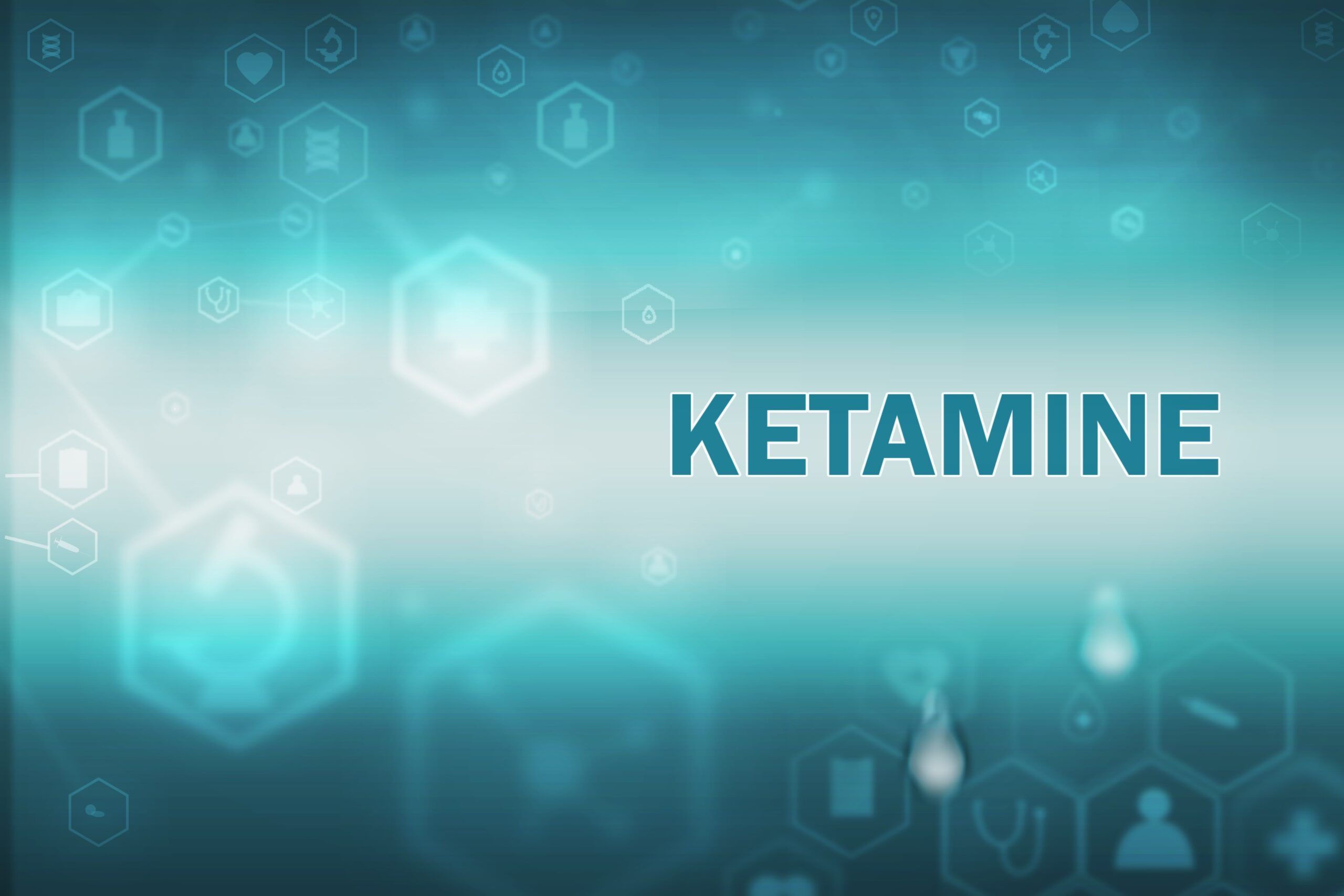
How Long Does Ketamine Stay in Your System?
If you or someone that you care about has been using ketamine (or thinking about taking this drug), you need to get answers to some important questions, including: What are the effects of ketamine? and How long does ketamine stay in your system?
What is Ketamine?
Ketamine is a powerful drug that is classified as both a dissociative anesthetic and a hallucinogen. People describe it as a club drug due to its popularity at clubs and raves.
In the United States, ketamine is regulated as a Schedule III non-narcotic substance. The Controlled Substance Act defines Schedule III drugs as having a moderate to low potential for physical or psychological dependence.
Pros & Cons of Ketamine
As mentioned earlier, ketamine has legitimate medical uses but can also pose certain risks.
In terms of the pros and cons of ketamine use, here are some of the positives:
- Ketamine relaxes people and animals, eases their pain, and enables successful surgeries.
- In recent years, ketamine has shown promise as an effective treatment for certain mental health disorders.
In 2019, the U.S. Food and Drug Administration (FDA) approved a version of ketamine called esketamine for people who have treatment-resistant depression.
On the other side of the proverbial coin, here are a few potentially negative aspects of ketamine:
- People who abuse the substance may develop psychotic symptoms.
- Predators commonly surreptitiously give it to others to incapacitate them before a sexual assault, which is why it falls into the category of “date rape drugs.”
- The effects of an overdose can include respiratory depression, low blood pressure, abnormal heart rate, seizure, and coma
How Long Does Ketamine Stay in Your System?
There are actually several answers to the question, “How long does ketamine stay in your system?”
Ketamine has a half-life of about 2.5 to three hours. The half-life of any substance is the amount of time it takes for 50 percent of it to be eliminated. It usually takes four to five half-lives for a substance to reach the point that it is considered to be fully eliminated from a person’s system.
Given that formula, the answer to the question, “How long does ketamine to stay in your system?” is between 10 and 15 hours.
However, even after a substance has been eliminated, it may still show up on some drug tests. This is because drug screens may look for metabolites, or evidence that your body has processed a certain substance.
Here are estimates for how long after their last dose that a person may test positive for ketamine on various drug screens:
- Saliva: Up to 24 hours
- Blood: Up to 72 hours
- Urine: Up to 14 days
- Hair follicle: Up to 120 days
Please note that these are only estimates. Several factors, such as age, weight, metabolism, duration of abuse, and amount used, can affect how long it remains detectable in a drug screen.
Contact Sanctuary Treatment Center in Los Angeles
Sanctuary Treatment Center delivers premier, personalized services to adults whose addiction and substance use disorders have disrupted their lives. While ketamine can effectively treat various disorders, its abuse can lead to significant problems in one’s life. Our addiction treatment center in Los Angeles, California, offers detoxification, inpatient rehab, and outpatient care to help people end their substance abuse and build healthier lives, free from compulsive drug use.
To learn more about our programs and services or to schedule a free assessment, please visit our Contact Us page or call us today.


